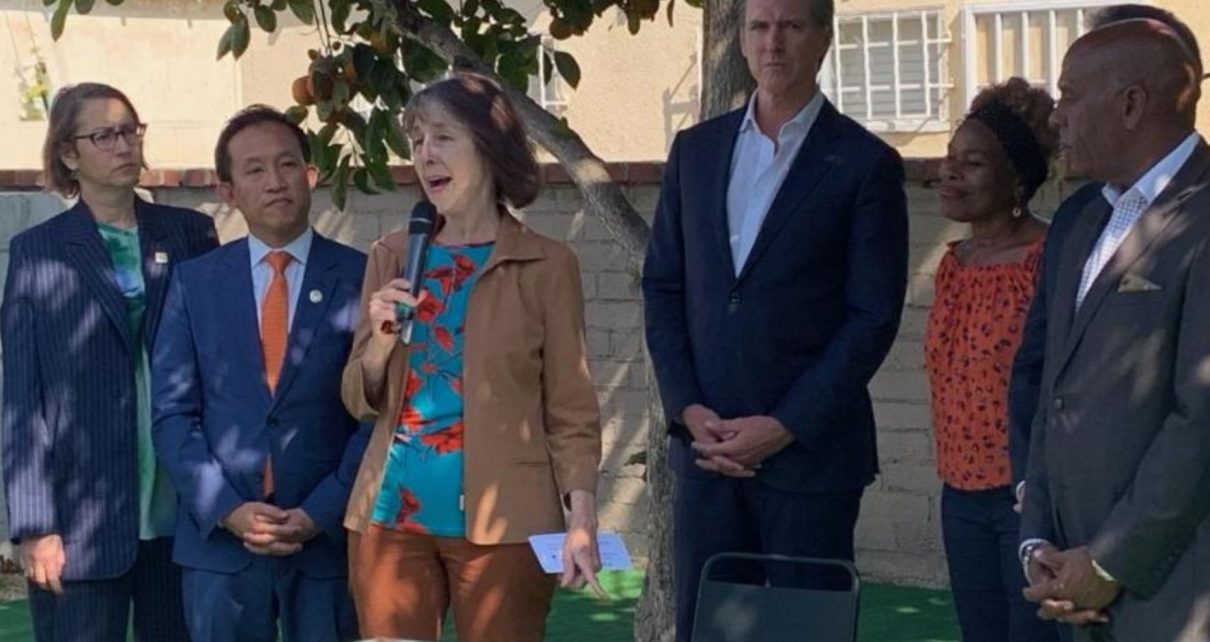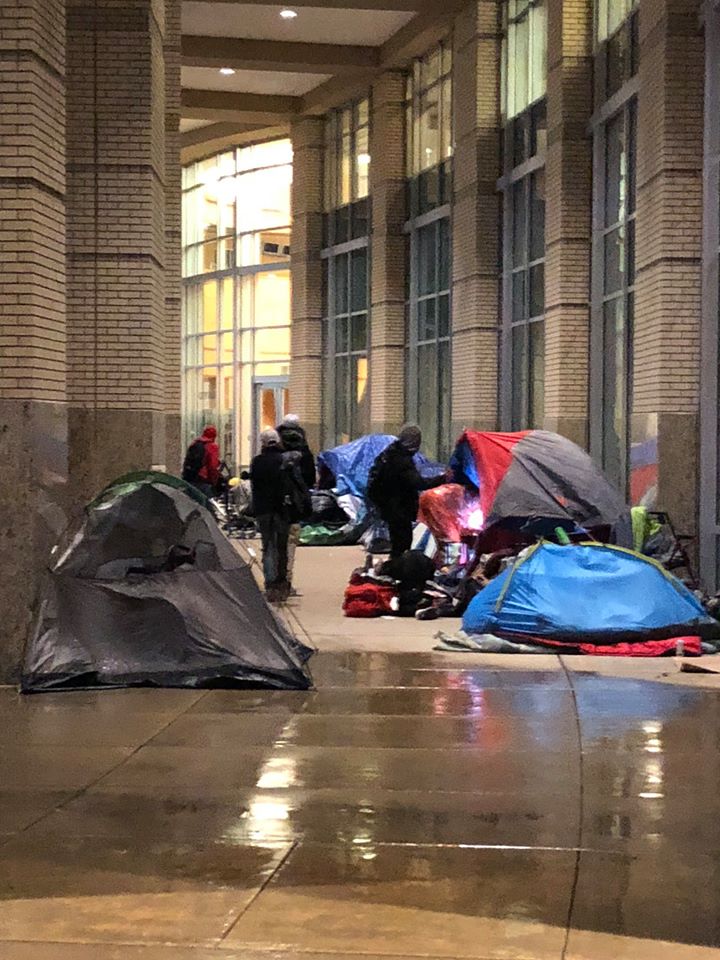
Controversial Law Removing Many Local Laws To Allow More Housing Construction Signed By Governor
The widely panned SB 330 will be in effect for five years
By Evan Symon, October 10, 2019 8:39 pm

SB 330, which will allow for speedy timelines for housing permits, a ban on construction moratoriums, limits the number of public hearings on new housing projects, and forbids housing density reductions, was signed into law by Governor Gavin Newsom this week.
Passed to allow the construction of more affordable housing, the bill also goes into detail about how if existing buildings are torn down they must have the same number or more units in the new building, that displaced residents receive ample time to relocate, as well as construction permit streamlining. Local governments are also now severely restricted from passing laws to regulate low and moderate-income housing.
The bill was introduced by Senator Nancy Skinner (D-Berkeley). Senator Skinner has been a long time advocate for affordable housing and supported SB 330 because of California now needing extreme measures and trumping local laws to combat the growing housing crisis.

“We have a housing crisis,” stated Senator Skinner during the signing. “California’s failure to build enough housing has resulted in the highest rents and home ownership costs in the nation and has deepened homelessness. SB 330 green lights affordable and market-rate housing that already meets local zoning rules and prevents cities from enacting new regulations that might limit the housing we so desperately need.”
Developers, housing advocates for low-income renters, and advocates for housing were also in support of the signing.
While SB 330 passed by a fair margin, a mix of Republicans and Democrats voted against it. Those who voted against the bill saw it as destructive to the local environment and wanted to keep the cities they represent free to do their own planning and build as they see fit.
Even more, many Californians disagree with the signing, worried what it will do to cities when there are less regulations in place.
The Globe talked with Christopher Barnes, a real estate and development lawyer and green space supporter.
“For developers, this is the beginning of a Golden Era,” explained Barnes. “They can build large and they can build in many places now without hindrance. And since there is an allowance that only demands a small percentage of low-income units for the entire project to qualify as low-income, we’ll be seeing a lot more expensive apartments, but only a small amount that many people can afford.
“And that’s not even getting into the traffic nightmare this is going to cause for a lot of cities. You put a lot of high-density buildings on streets that were never designed for a lot of cars, like many in LA County and Alameda County and others are, and the bottom is going to fall out here.”
“This is going to be the law that will be known for saving California in the short term and doom it in the long term.”
The Globe reached out to several groups, including many who had initially been in favor, but did not receive any comment back that resembled support.
One housing organization in San Francisco called it “the law that will bring modern-day Soviet-bloc housing to our cities.” A neighborhood alliance in San Diego called it “frightening.” A preservation group in Alameda County called it “boneheaded’ and ‘shortsighted.” A Pasadena neighborhood group said they would continue to “fight like hell” against all new development anyway, a sentiment most other contacted groups agreed with.
“This is a disaster,” said former city planner Damon Meyer. “We’re going to see more apartments, but at what cost? Most of the next complexes are going to be luxury condos or apartments with the minimal required amount of low-income housing. It’s been happening this way for years, and now they have near carte blanche.”
“This is going to make some Californian cities unidentifiable in ten years just from all the new tall apartment complexes.”
It was also noted that higher development costs of the new complexes to be built under the new law for the next 5 years will force developers to rent out at a higher rate, as has happened before with other new housing units across the state.
While the new law will be a contentious issue into the future, it is set to expire in 2025, when it will be re-examined for the housing needs then.








This is a nightmare. Good work, Skinner and Newsom! What pointless, destructive jerks you are.
California needs to improve its infrastructure and water resources before they build more houses. Of course, the political dictatorship that runs this state isn’t intellectually capable of thinking that far ahead.